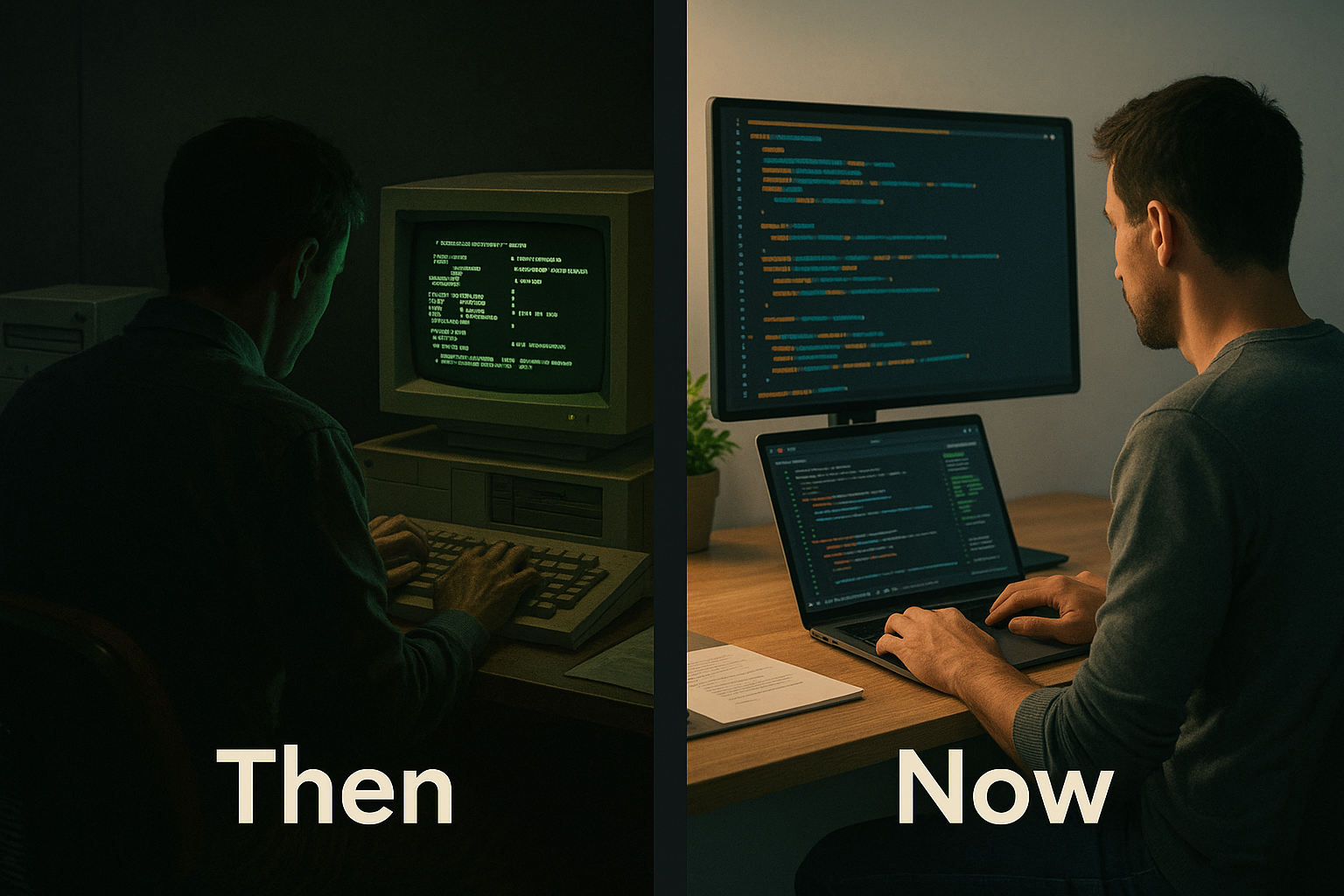Improved Developer Experience
ODP reduces developer friction and increases confidence, thus shortening the time to value for the development effort.
"Firmware development shouldn’t feel like archaeology."
Developers can build and test components in isolation (e.g., battery, GPIO, boot timer), aided by QEMU emulation, mocks, and test harnesses.

ODP can improve developer engagement and productivity by:
- 🚀 Reducing developer friction
- 🛠️ Supporting tooling that’s approachable and efficient
- 🧪 Enabling fast iteration and confident change
- 💬 Reinforcing that firmware development is not arcane magic, just solid coding.
The Rust ecosystem brings built-in unit testing, logging, dependency control (Cargo), and static analysis.
timeline title Developer Workflow Evolution 2000 : Edit ASM/C, guess BIOS behavior 2010 : Use UEFI drivers, painful debug cycle 2023 : Rust-based firmware prototypes emerge 2024 : ODP introduces modular build + Stuart tools 2025 : Fully testable DXE + EC code in Rust with shared tooling
flowchart LR Idea["💡 Idea"] --> Dev["🧩 Create Service Component"] Dev --> Test["🧪 Unit & Desktop Test"] Test --> Build["🔧 Cross-target Build<br/>(host & EC)"]
flowchart LR Build --> Sim["🖥️ Simulate with Mock Devices"] Sim --> Flash["🚀 Build & Flash"] Flash --> Log["📄 Review Logs / Debug"] Log --> Iterate["🔁 Iterate with Confidence"]